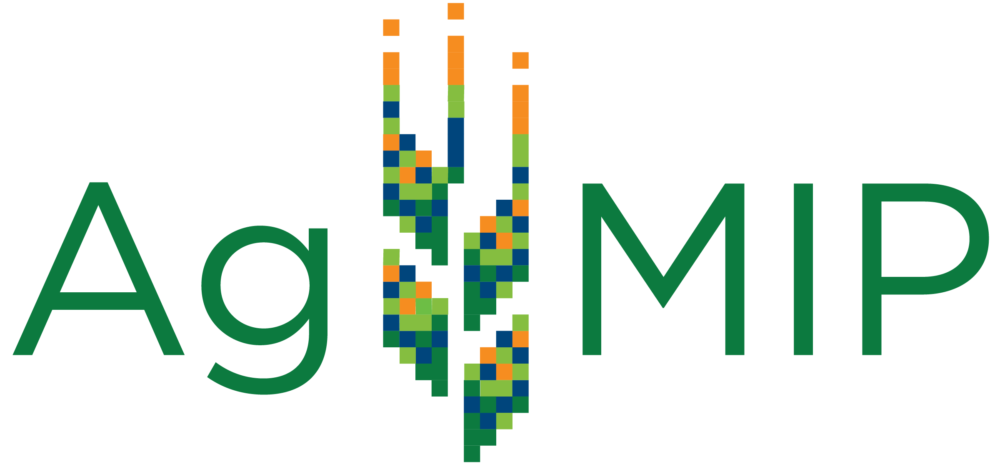How will climate change impact food security in developing areas of South Asia and Sub-Saharan Africa? AgMIP’s Regional Research Teams on both continents are continuing their efforts to quantitatively answer this question by developing integrated regional assessments that link climate, crop, and economic models. Two workshops in July in Pretoria, South Africa and Kathmandu, Nepal brought the teams together for working sessions and planning with AgMIP leaders and regional stakeholders.
During the weeklong workshops the Regional Research Teams and Stakeholders met among themselves and with AgMIP Principal Investigators and crop, climate, economic and IT team leaders. Meetings at the workshops also continued the development of research guidelines and protocols to complete the assessments.
“We are very excited about the work that was done both in Pretoria and Kathmandu,” stated AgMIP Principal Investigator John Antle. “We developed the three core questions our teams will investigate. What is the sensitivity of current agricultural production systems to climate change? What is the impact of climate change on future agricultural production systems? And, what are the benefits of climate change adaptations?”
Regional stakeholders were invited to join the researchers at each workshop and share information and concerns about the future of their country’s agriculture. The scientists will incorporate this information into the assessments and include adaptation options to real world problems faced by farmers in the research regions.
Regional Stakeholders and AgMIP PI’s address participants at the South Asia Mid-Term Workshop.
“I think AgMIP is doing good research in these areas in the sense of providing the adaptation measures to the agriculture sector and the future scenarios of climate change affecting food security,” commented stakeholder Dr. Anand Kumar Gautam, Chief and Senior Scientist in Agronomy at Nepal Agriculture Research Council.
The Regional Research Teams, with the new guidelines and core questions from the workshops, are now preparing presentations and posters for AgMIP’s 4th Annual Global Workshop to be held in New York, October 28-30.
“The past year has been a very steep learning curve for all of us at AgMIP because the methodologies have been co-developed while the project is running. That is good, because everybody is putting in ideas into shaping the methodology, which is a cutting edge approach,” said Samuel Adiku, Principal Investigator of the AgMIP West Africa research team and Professor of Soil Science at University of Ghana, Legon, Accra.
After the AgMIP Global Workshop in October, Principal Investigators from each regional research team will present to a special session of the American Society of Agronomy Annual Symposium in Tampa Florida on Monday November 4.
The AgMIP scientists in Sub-Saharan Africa and South Asia are also planning workshops in their regions in 2014. They will share with stakeholders and scientists the approach of multiple model methods, and the ways that decision makers can contribute to the process of conducting integrated assessments. The outcome of this work will allow decision makers explore plausible scenarios of climate change impacts and adaptations for their regions.


